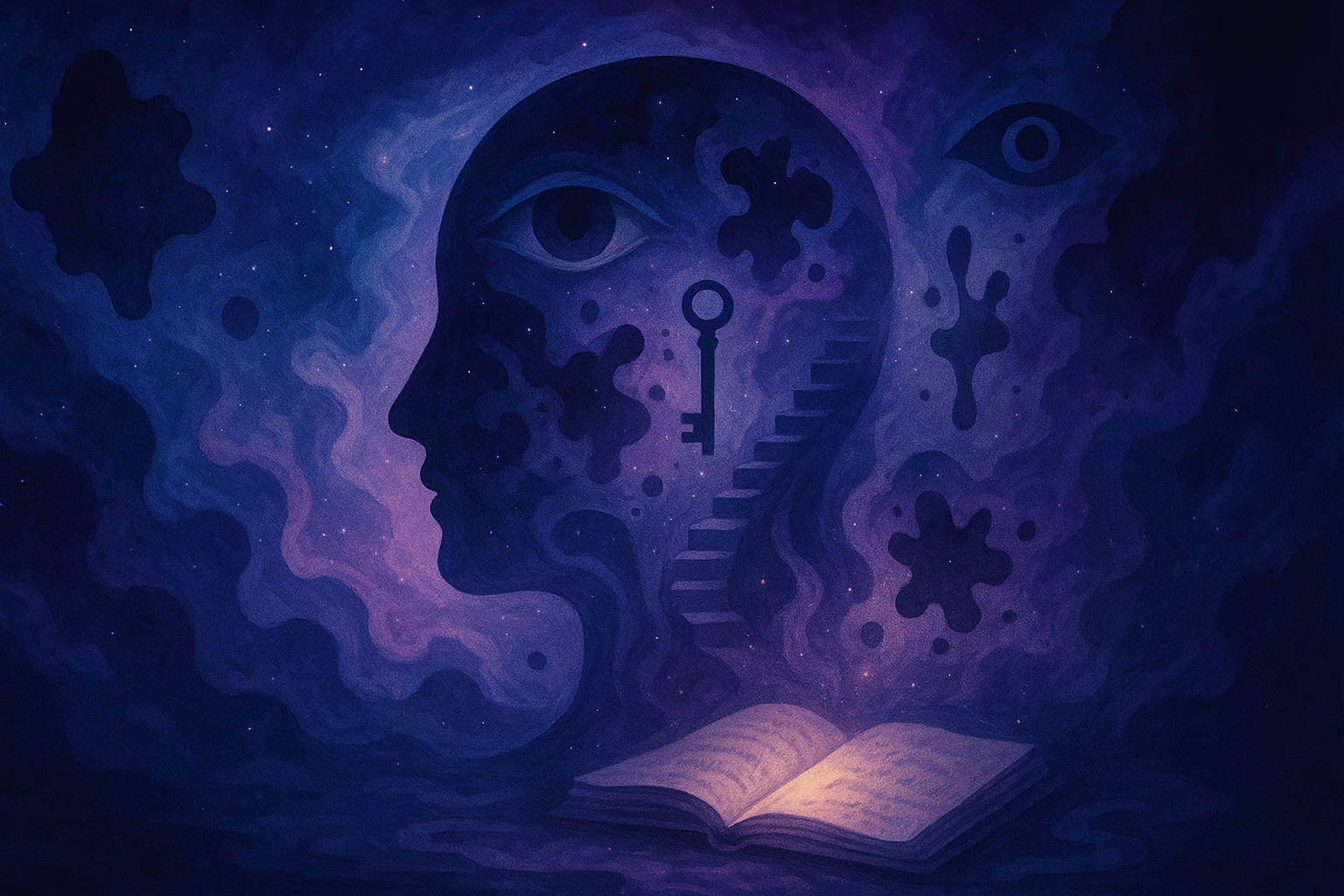The Connection Between Sleep Quality and Dream Content

Sleep Well, Dream Differently?
We often focus on the meaning of our dreams, but the very quality of our sleep plays a critical role in shaping the dreams we experience – their vividness, emotional tone, and even our ability to recall them. Understanding the interplay between sleep architecture and dream content can provide valuable insights into both our mental and physical well-being.
The Architecture of Sleep and Dreaming
Sleep isn't a monolithic state; it cycles through different stages, primarily categorized as Non-Rapid Eye Movement (NREM) sleep (stages 1-3, progressing from light to deep sleep) and Rapid Eye Movement (REM) sleep.
- NREM Sleep: Dreams can occur in NREM, particularly lighter stages, but they tend to be more thought-like, fragmented, and less emotionally charged or bizarre. Deep NREM sleep (Stage 3) is crucial for physical restoration and memory consolidation.
- REM Sleep: This is the stage most associated with vivid, narrative, and emotionally intense dreaming. Brain activity during REM resembles wakefulness in many ways, with heightened activity in emotional centers like the amygdala. REM periods become longer and more frequent as the night progresses.
How Sleep Quality Impacts Dreams
- Sleep Deprivation: Chronic lack of sleep, especially REM sleep, can lead to a phenomenon called "REM rebound." When you finally get sufficient sleep, your brain prioritizes REM, leading to longer, more intense, and sometimes more bizarre or emotionally charged dream periods. This can occasionally manifest as more vivid nightmares.
- Fragmented Sleep: Frequent awakenings (due to noise, discomfort, sleep apnea, etc.) disrupt the natural sleep cycle. This can lead to:
- Poorer Dream Recall: Waking up abruptly from NREM or very early REM might mean less dream content is remembered.
- Increased Anxiety Dreams: Some studies suggest fragmented sleep is linked to dreams with higher anxiety content, potentially reflecting the physiological stress of disrupted sleep.
- Sleep Disorders:
- Insomnia: Difficulty falling or staying asleep can reduce overall REM time and often correlates with increased reports of distressing or anxiety-provoking dreams.
- Sleep Apnea: Repeated pauses in breathing disrupt sleep architecture significantly, often leading to fragmented REM and potentially more stressful or suffocating dream themes. Treating apnea frequently improves dream content.
- Narcolepsy: This disorder involves intrusions of REM sleep into wakefulness (cataplexy, sleep paralysis, hypnagogic hallucinations), blurring the lines between dream and reality.
- Medications and Substances: Many substances affect sleep architecture and, consequently, dreams. Alcohol, for instance, initially suppresses REM but leads to a rebound later, potentially causing vivid or disturbing dreams. Certain antidepressants are known to suppress REM or alter dream content.
Optimizing Sleep for Better Dreams (and Recall)
Improving sleep quality often leads to healthier and more easily recalled dreams:
- Consistent Schedule: Go to bed and wake up around the same time daily, even on weekends.
- Relaxing Bedtime Routine: Wind down an hour before bed with calming activities (reading, warm bath, gentle stretching).
- Optimize Your Environment: Ensure your bedroom is dark, quiet, and cool.
- Avoid Stimulants: Limit caffeine and nicotine, especially in the afternoon and evening.
- Manage Stress: Practice relaxation techniques like meditation or deep breathing.
Conclusion
Your dreams are intimately tied to the rhythms and quality of your sleep. Poor or fragmented sleep doesn't just leave you tired; it can alter the very nature of your dreams. By prioritizing healthy sleep habits, you not only improve your physical and mental health but also create a better foundation for experiencing and remembering the rich tapestry of your dream life.
